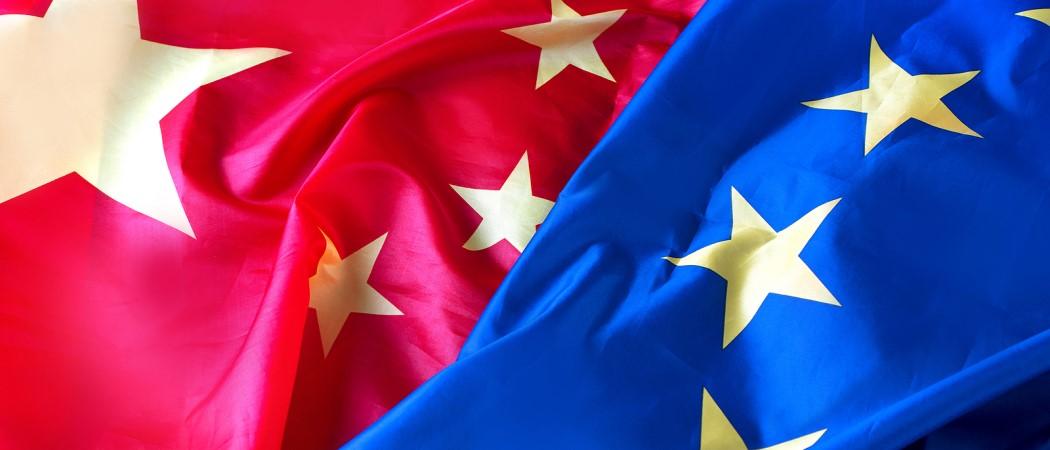Rules coming into force aim to better shield sensitive industrial sectors from Chinese and other foreign investors, as political pushback on overseas acquisitions of strategic assets heats up

Beefed-up “investment screening” rules to block foreign takeovers of European companies tied to national security entered into force Sunday, requiring EU governments to flag proposed investments in sensitive industrial sectors to the European Commission and other member states.
The new foreign direct investment-screening regulations were adopted last March and now can be fully applied.
The new more thorough vetting system, is part of the mounting political pushback in Europe against Chinese and other foreign investments.
The main objective of the new rules is to improve co-ordination between national authorities, which must assess whether takeovers in sensitive industries raise security concerns.
The commission says it will weigh in if there are foreign moves on companies involved in sensitive EU-funded projects, such as the Galileo satellite navigation system.
But the final decision on whether a foreign investment is authorised remains with the relevant member state. Other member states or the commission may now raise concerns, but they cannot block or unwind the investment in question.
The EU is worried that foreign investors may try to acquire European companies "in order to take control of key technologies, infrastructure or expertise". It says this "raises concerns as regards security".
This angst was visible in Germany in 2016, after a successful bid by China’s Midea Group for industrial robotics specialist Kuka prompted an outcry, and a call for broader veto powers on foreign bids.
Vulnerable to foreign bidders
The tougher rules are also a way for the EU to counter unfair competition from state owned firms, which make up a large part of the Chinese economy.
The sharp economic downturn, and subsequent steep falls in share prices of European companies, could make them more vulnerable to acquisition by competitors.
"As in any crisis, the industrial and corporate assets are under stress. The resilience of our industries, their capacity to continue to respond to the needs of EU citizens and the preservation of strategic assets and technology, is key," a commission official said.





 A unique international forum for public research organisations and companies to connect their external engagement with strategic interests around their R&D system.
A unique international forum for public research organisations and companies to connect their external engagement with strategic interests around their R&D system.